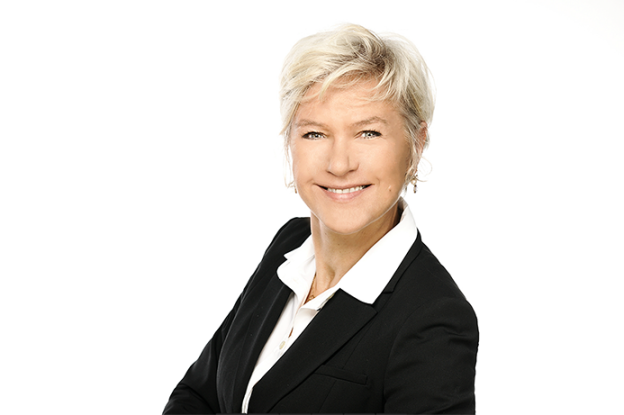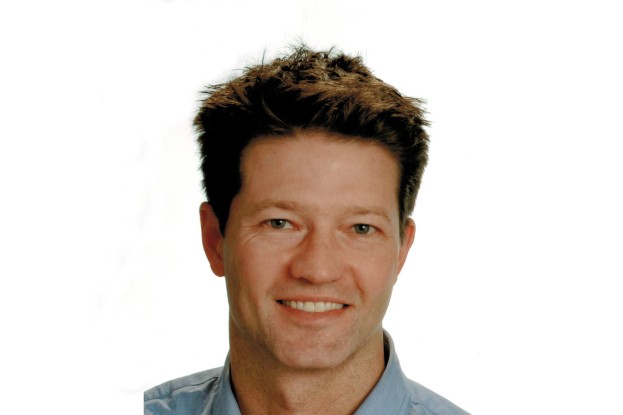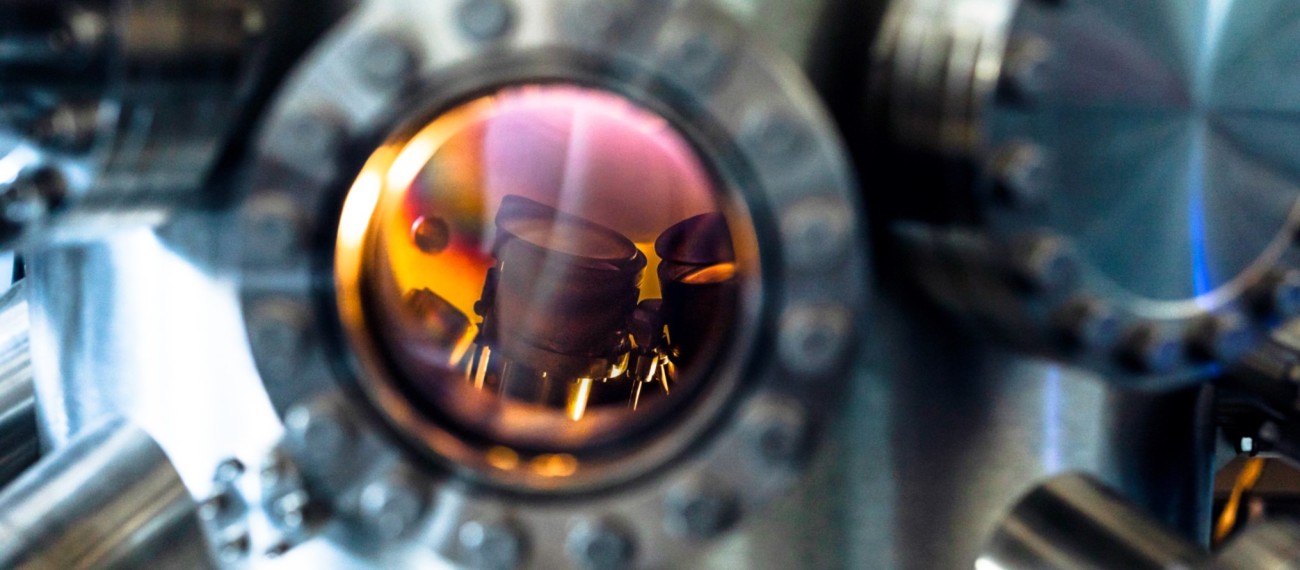Extended contract research from one source
The Competence Centre for Materials Characterisation within the Institute of Materials Science offers companies and research centres a great variety of analytical and structure investigation services.
In the frame of the Material Forschungsverbund Rhein-Main (MatFoRM) we also have a strong cooperation with other groups form different departments like the Materials Testing Laboratory Darmstadt (Staatliche Materialprüfungsanstalt, MPA) and the Fraunhofer-Institute for Durability and System Reliability (LBF). MatFoRM-TUD is a network in material sciences and material technologies in the Rhein-Main region. This network opens the door to university research and development activities in material science and application. MatFoRM-TUD offers interdisciplinary research within the complete spectrum: from the material to the component and to the system.

Prof. Dr. Anke Weidenkaff
Contact
anke.weidenkaff@mr.tu-...
work +49 6151 16- 25870
Work
L2/01
Links

Dr. Joachim Brötz
Working area(s)
Technical Manager Competence Centre
Contact
joachim.broetz@tu-...
work +49 6151 16-21030
Work
L2|01 209
Peter-Grünberg-Straße 2
64287
Darmstadt

